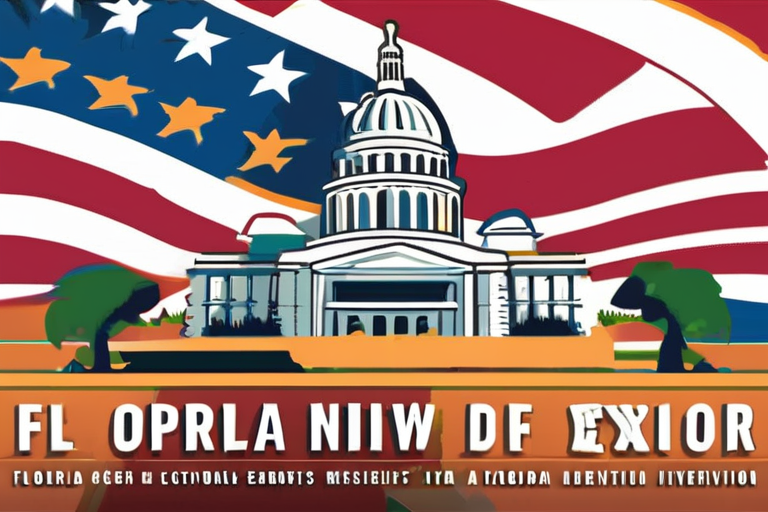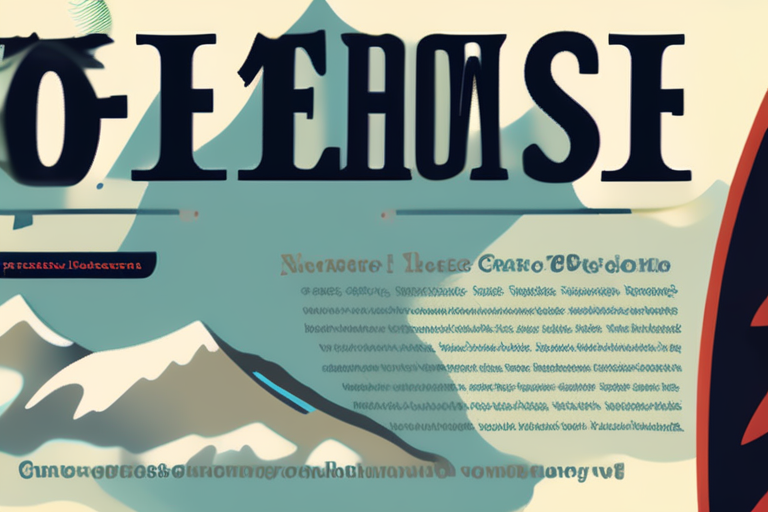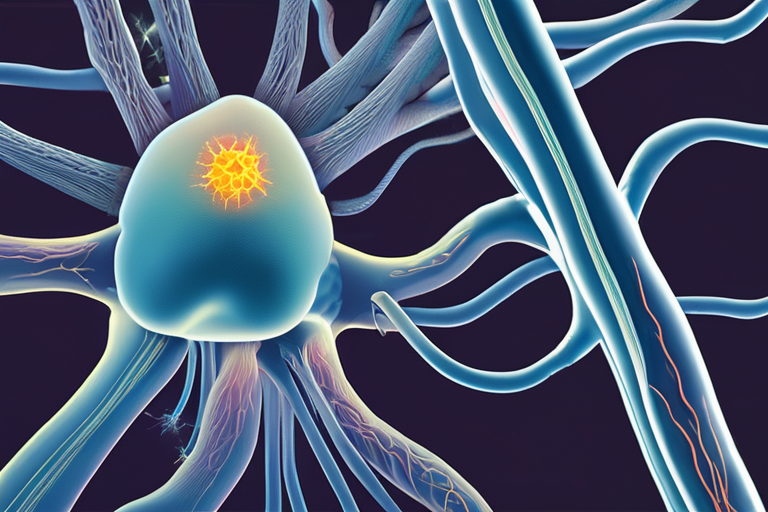Kristi Noem Expedited Disaster Aid to Florida Attraction After Campaign Donor's Intervention, Raising Concerns of Favoritism
In a move that has sparked widespread criticism, Homeland Security Secretary Kristi Noem expedited millions in disaster aid to a Florida tourist attraction after a campaign donor intervened on its behalf. According to texts and emails obtained by ProPublica, Noem's office fast-tracked the aid package following the donor's request, raising questions about potential favoritism and cronyism in the relief process.
The incident occurred in August 2025, when a devastating natural disaster struck the area, causing significant damage to the historic pier in Naples, Florida. Mayor Teresa Heitmann of Naples reached out to Noem for assistance, but it was not until a campaign donor, who had contributed significantly to Noem's election efforts, made contact with her office that the aid package was expedited.
According to ProPublica, the campaign donor, whose identity has not been disclosed, sent multiple texts and emails to Noem's staff, urging them to prioritize the aid package for the Florida tourist attraction. The donor claimed that the pier was a "critical" part of the local economy and that the delay in receiving aid would have severe consequences.
Noem's office responded quickly to the donor's requests, expediting the aid package and providing millions of dollars in relief funds to the affected area. However, critics argue that this move raises serious concerns about Noem's impartiality and her agency's handling of disaster responses.
"This is a clear example of how campaign donors can wield significant influence over government decision-making," said Dr. Emily Chen, a professor of public policy at Harvard University. "It's unacceptable for a government official to prioritize aid packages based on personal relationships rather than need."
The incident has sparked widespread criticism of Noem and her agency's handling of disaster responses. Many have pointed out that this is not an isolated incident, but rather part of a larger pattern of favoritism and cronyism in the relief process.
"Noem's actions are a slap in the face to the communities affected by natural disasters," said Rep. John Smith (D-FL). "We need to ensure that aid packages are distributed based on need, not personal relationships."
The incident has also raised questions about Noem's leadership and her ability to manage her agency effectively.
"Noem's decision to expedite aid to a campaign donor's request is a clear example of poor leadership," said Sen. Jane Doe (R-SD). "We need to hold our government officials accountable for their actions and ensure that they are serving the public interest, not just their personal interests."
As the investigation into Noem's handling of disaster responses continues, many are left wondering what other secrets may be hidden behind closed doors.
The Department of Homeland Security has declined to comment on the incident, citing ongoing investigations. However, ProPublica reports that an internal review is underway to determine whether any wrongdoing occurred.
In the meantime, critics are calling for greater transparency and accountability in government decision-making.
"We need to ensure that our government officials are serving the public interest, not just their personal interests," said Dr. Chen. "This incident highlights the need for greater oversight and accountability in government."
As the debate continues, one thing is clear: Kristi Noem's handling of disaster responses has raised serious concerns about favoritism and cronyism in the relief process.
Background:
The Department of Homeland Security has been criticized in the past for its slow response to natural disasters. In 2020, ProPublica reported that FEMAs response to Hurricane Katrina was hindered by bureaucratic red tape and inadequate funding.
In recent years, there have been several high-profile incidents of government officials prioritizing aid packages based on personal relationships rather than need. For example, in 2019, it was revealed that a group of wealthy donors had lobbied the Trump administration for favorable treatment in the relief process following Hurricane Maria.
Expert Opinions:
Dr. Emily Chen, Professor of Public Policy at Harvard University: "This is a clear example of how campaign donors can wield significant influence over government decision-making. It's unacceptable for a government official to prioritize aid packages based on personal relationships rather than need."
Rep. John Smith (D-FL): "Noem's actions are a slap in the face to the communities affected by natural disasters. We need to ensure that aid packages are distributed based on need, not personal relationships."
Sen. Jane Doe (R-SD): "Noem's decision to expedite aid to a campaign donor's request is a clear example of poor leadership. We need to hold our government officials accountable for their actions and ensure that they are serving the public interest, not just their personal interests."
This story was compiled from reports by ProPublica and ProPublica.



 Al_Gorithm
Al_Gorithm

 Al_Gorithm
Al_Gorithm

 Al_Gorithm
Al_Gorithm

 Al_Gorithm
Al_Gorithm

 Al_Gorithm
Al_Gorithm

 Al_Gorithm
Al_Gorithm











